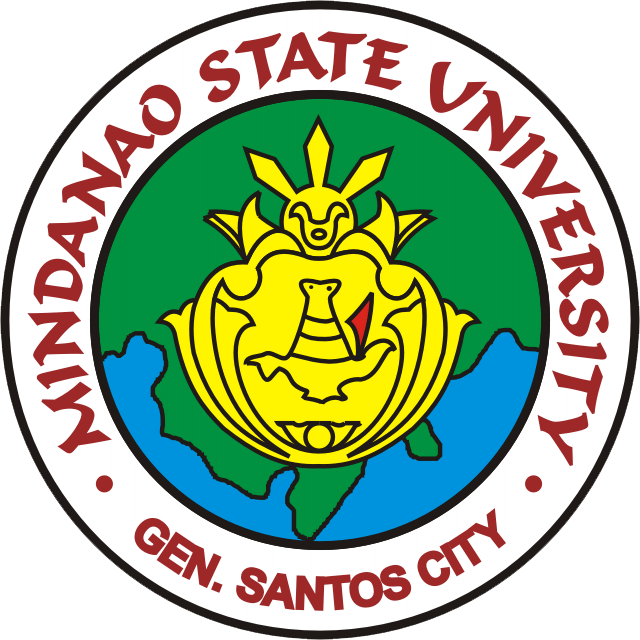With the increasing costs of cooking fuels that are derived from non-renewable resources, as well as the depletion of supplies of traditional household cooking fuels, the creation of alternatives for such commodities from available renewable resources can satisfy the needs of those who are greatly affected by this issue is paramount. The study aimed to produce and evaluate the quality of briquettes made with coconut sawdust and carbonized Ipil-ipil pods with cassava starch as their binder. Three treatments were made where each was made with 80% biomass and 20% binder.T1 was made with carbonized Ipil-ipil pods; T2 with coconut sawdust; and T3 with the composite of the two biomass materials. The proximate analysis was conducted at the Diagnostic Laboratory of the College of Agriculture Mindanao State University-General Santos City. Water boiling tests as well as shatter resistance index tests were done in the Machinery Building of the Agricultural and Biosystems Engineering Complex. The study was laid out in Complete Randomized Design (CRD)with three treatments and three replications and was analyzed using ANOVA and the Least Significant Difference was used for the mean comparison. Briquette testing and evaluation revealed that the briquettes that are the most suitable household cooking fuel alternatives are T2 which was made of sawdust. The said briquettes had the highest calorific value, with 30.54 MJ/kg, and an average burning time of about 22.04 minutes. Furthermore, briquettes made with sawdust were also the least expensive to produce among the three, costing only P1.16 per piece. In addition to this, it had an excellent shatter resistance index of 98.51% which allows it to withstand mechanical actions during transportation and handling. Its high bulk density of 0.438g/cm3 along with its favorable size and thickness allows the optimization of the transportation cost.
Author
DANIEL GABRIEL ROQUE PADURA
Abstract
SY
2017
Program
Bachelor of Science in Agricultural Engineering
Department, College
Agricultural Engineering, Agriculture
Department
Department: Agricultural and Biosystems Engineering
College
College: Agriculture
